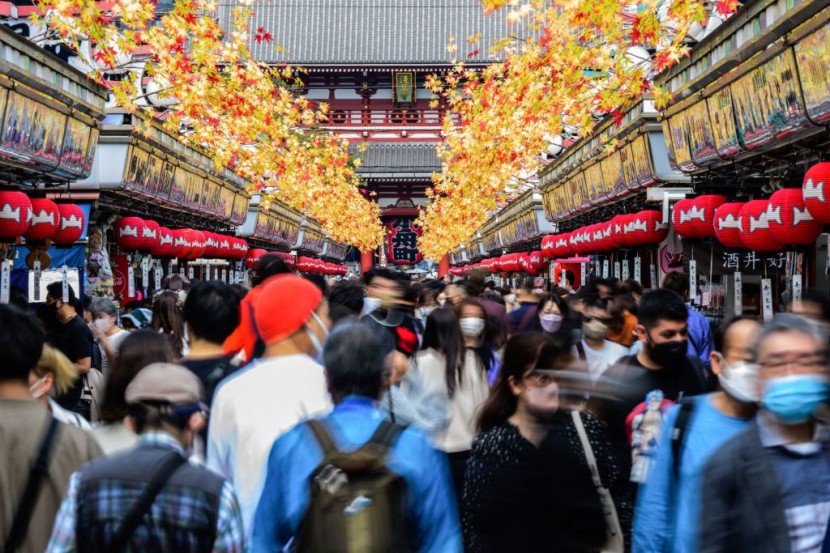
The longstanding Japan population crisis continues on a disturbing trend as the number of live births in the country hit a new record low last year.
The Ministry of Health said on Tuesday that 799,728 babies were born in 2022, the smallest number ever. In comparison, Japan had almost 1.5 million births in 1982, according to CNN.
In addition, the number of people who have died in Japan since the end of World War II reached a new high last year, topping 1.58 million. For almost a decade, Japan's third-largest economy's leaders have struggled with outpacing deaths.
After its economic boom in the 1980s, Japan's population has been steadily declining, and the most current official statistics put it at 125.5 million in 2021.
In the absence of immigration, its fertility rate of 1.3 is substantially below the 2.1 needed to address the Japan population crisis.
Apart from having one of the longest life expectancies in the world, Japan had roughly one in every 1,500 residents who were 100 years or older in 2020, according to official statistics.
High Cost of Raising Kids
Despite stagnating salaries, Japan ranks third in the cost of raising children, after China and South Korea. Pay has risen only a little since the late 1990s, to an average of approximately $39,000 a year, much below the OECD average of about $50,000, per an Al Jazeera report.
Read also: Iran: Dozens of Students Poisoned
However, in 2021, Japanese women's wages were 21.1% lower than men's, which was almost twice the average pay disparity in industrialized nations.
As a result of the declining birthrate, Japan will soon have a smaller working population and fewer taxes to support its economy. Its highest debt burden is a direct result of the soaring cost of taking care of its aging population, which is larger than any other country's.
Japan Needs More Women, Immigrants
In a Tuesday briefing, Deputy Chief Cabinet Secretary Yoshihiko Isozaki said that the Japanese government recognizes the "critical situation" of the Japan population crisis. He noted that one of the ways to address its impact on the world's third-largest economy is by encouraging women to work and allowing certain immigrants to grow Japan's labor force, Japan Times reported.
Japanese Prime Minister Fumio Kishida prioritizes support for kids and their families. By June, the government will offer a plan for boosting the funding allotted to children and childrearing, according to Isozaki.
Related Article : Japan To Create Child Care Policy
© 2026 HNGN, All rights reserved. Do not reproduce without permission.








